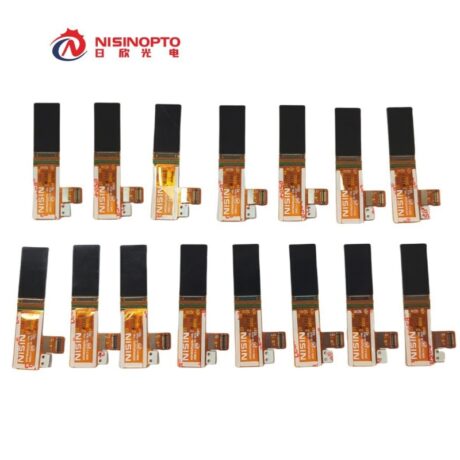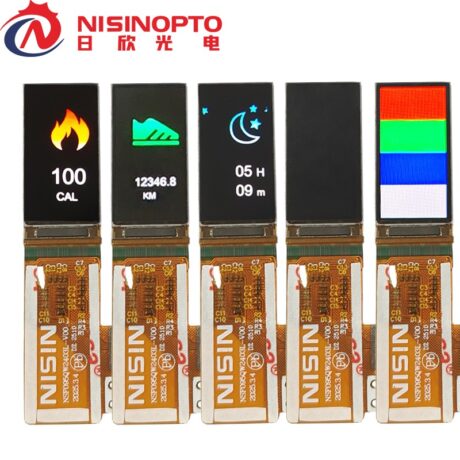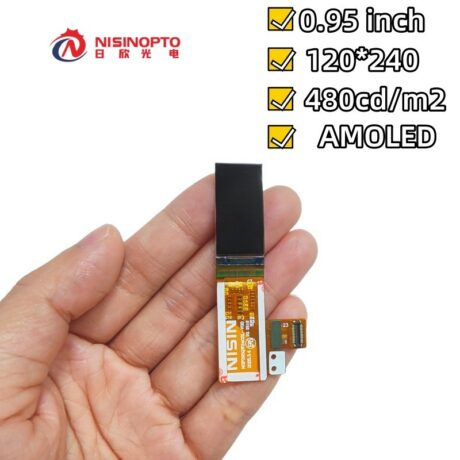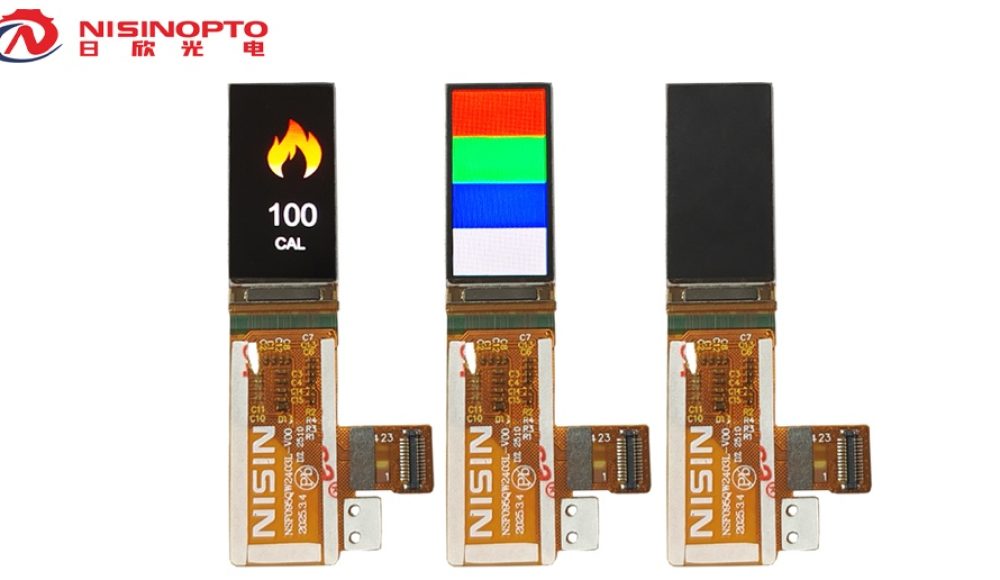In recent years, the medical technology industry has undergone a remarkable shift in how patient information and diagnostic data are displayed. One major change is the growing adoption of the AMOLED screen module in a wide variety of medical devices — from portable diagnostic tools to wearable health monitors. But what’s driving this shift? And why is the AMOLED display module quickly becoming the go-to display solution for modern medical technology?
Let’s explore the key reasons behind this trend, and how choosing the right AMOLED display module manufacturer can make all the difference for performance, longevity, and patient outcomes.
📈 The Evolution of Medical Displays
Traditionally, medical devices relied on TFT LCD or monochrome displays to show data. While reliable, these screens often lacked the visual clarity, precisão de cores, and energy efficiency required by today’s compact, mobile, and patient-facing devices.
As form factors shrink and functionality increases, medical OEMs are rethinking the role of the display. The modern healthcare environment demands screens that are:
-
Clear and readable in all lighting conditions
-
Color-accurate for diagnostic purposes
-
Energy-efficient to support long battery life
-
Thin, lightweight, and compact for portable use
This is where the AMOLED screen module comes in.
💡 Key Advantages of AMOLED Screen Modules in Medical Devices
1. Superior Image Quality for Accurate Diagnostics
The AMOLED display module offers exceptional contrast ratios and deep blacks, which make fine details easier to distinguish — a critical advantage in clinical settings where even minor differences in waveform shape or color can impact diagnosis.
With self-emissive pixels, Displays de amos deliver more vivid, high-contrast visuals than backlit LCDs. This is particularly important in applications such as:
-
Heart rate and ECG monitors
-
Blood oxygen and glucose monitors
-
Diagnostic handhelds with graphical UIs
2. Low Power Consumption for Battery-Powered Devices
Modern medical devices are increasingly portable — whether worn on the body or carried between patient rooms. Como resultado, low power AMOLED modules are becoming essential.
Unlike traditional LCDs, AMOLED technology doesn’t require backlighting. Pixels are individually lit, consuming energy only where needed. This dramatically improves energy efficiency in battery-powered devices like:
-
Wearable health trackers
-
Wireless monitoring patches
-
Mobile diagnostic kits
By integrating a low power AMOLED module, manufacturers can significantly extend device operation time without increasing battery size — a major advantage in both patient comfort and usability.

3. Compact and Lightweight Form Factor
Space is always a premium in medical device design. Whether embedded in a wristband, handheld tool, or compact monitor, the AMOLED screen module provides a thinner and lighter solution compared to traditional display technologies.
Because there’s no need for a bulky backlight layer, AMOLED screens can be curved or flexed, allowing for:
-
Sleek, ergonomic device designs
-
Reduced weight for wearable comfort
-
More room for other critical components
This is why many next-gen devices are turning to custom AMOLED modules to meet specific dimensional and integration needs.

🔄 Enhanced User Interaction & Touch Sensitivity
Many medical devices are now operated via touch interfaces — and responsiveness matters. AMOLED screens offer faster pixel switching times and more responsive capacitive touch support than conventional displays.
This leads to smoother interactions, reduced input lag, and better feedback for healthcare professionals and patients alike. It also improves accessibility for elderly users or those with limited dexterity.
🧩 Customization Options for Niche Medical Applications
Every medical product has unique requirements — whether it’s resolution, brilho, interface, or mechanical design. That’s why partnering with the right AMOLED display module manufacturer is crucial.
A professional manufacturer like NISIN or similar can provide:
-
Custom resolution and display size
-
Multiple interface support (Spi, MIPI, etc.)
-
Touch integration (capacitive, resistive, etc.)
-
Optimized brightness for indoor/clinical settings
-
Extended lifespan and burn-in protection
Custom AMOLED solutions also allow for circular or irregular screen shapes, increasingly popular in smart medical wearables.

✅ Use Cases: Where AMOLED Screen Modules Excel in Healthcare
| Aplicativo | Benefits of AMOLED |
|---|---|
| Wearable monitors | Low power, compact size, high visibility |
| Handheld diagnostics | Crisp, real-time visual feedback |
| Implantable devices (future) | Thin profile, minimal energy use |
| Telemedicine equipment | Vivid color for patient engagement |
| Portable ventilators | Lightweight, responsive UI |
🏁 Conclusion
As medical devices evolve toward smarter, smaller, and more user-friendly designs, the AMOLED display module has proven itself a superior alternative to traditional LCDs. Its high contrast, baixo consumo de energia, touch responsiveness, and compact design make it especially well-suited for the next generation of portable and wearable healthcare technologies.
Choosing the right AMOLED display module manufacturer is key to unlocking these advantages — especially for brands looking to deliver innovation, eficiência, and reliability in healthcare environments. Looking for a trusted partner to develop a custom low power AMOLED module for your medical device? Connect with a professional team today to bring your vision to life. 💡




